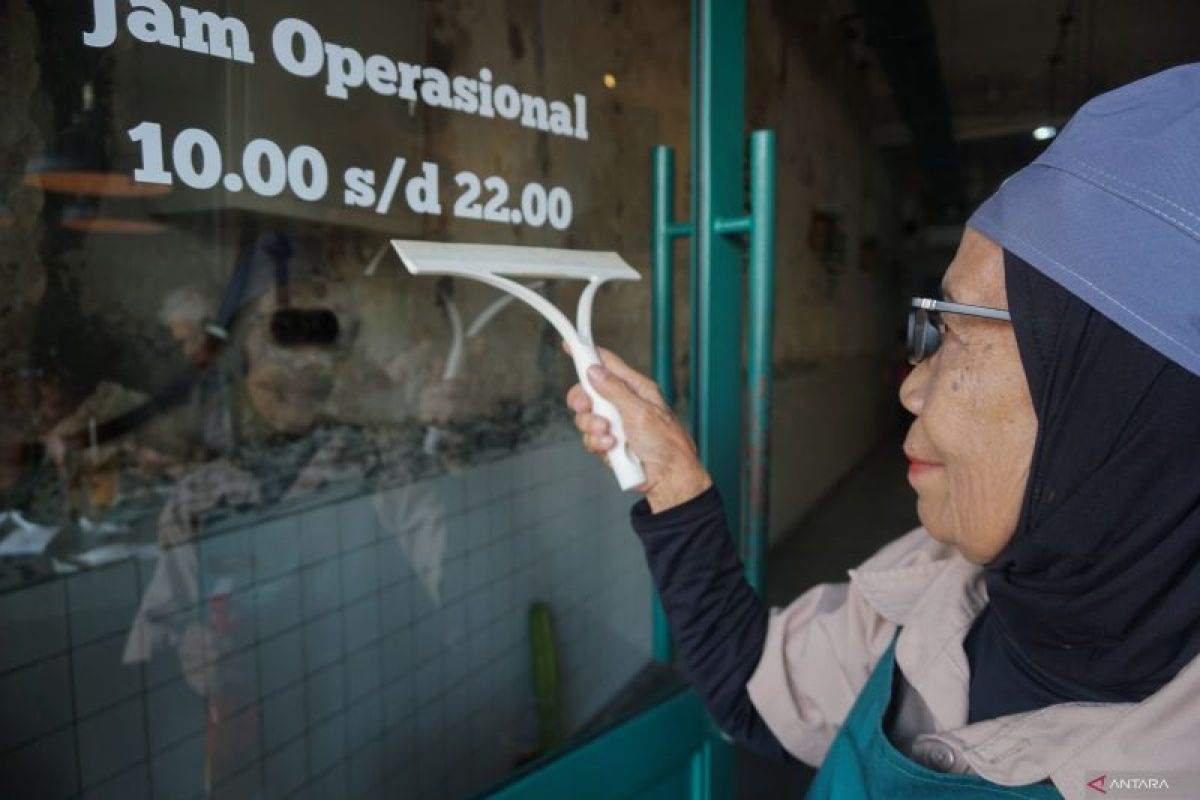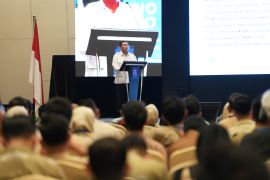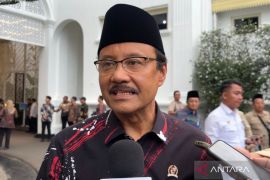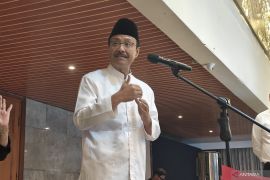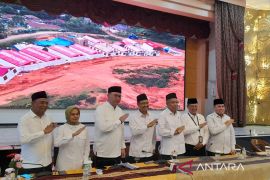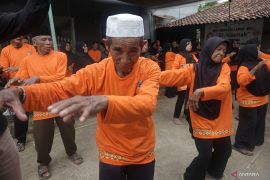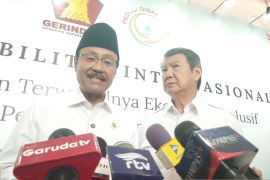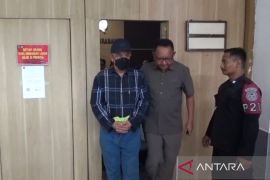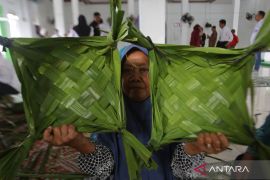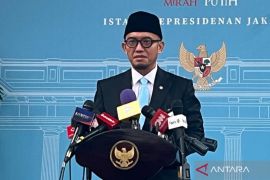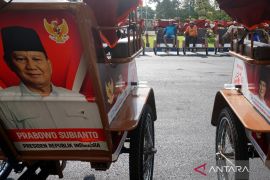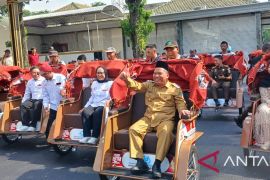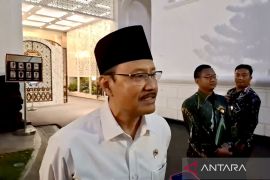With increasing life expectancy due to improved quality of life and healthier lifestyles, populations are living longer, often reaching old age.
As individuals age, their immune systems naturally become less effective than when they were young. Nonetheless, it is increasingly important to maintain health and productivity throughout old age until the end of life.
Human civilization is currently characterized by various technological developments, including health technology. Simultaneously, challenges such as artificial processed foods with preservatives, if not monitored, pose threats to human health.
Other challenges posed by climate change are emerging as threats to communities and families, especially impacting vulnerable groups and the elderly.
Additionally, health facilities and infrastructure in many developing countries remain limited or inadequate.
According to records from the World Health Organization (WHO), the population aged 60 years and above is projected to reach around 901 million people by 2022, increase to 1.4 billion people by 2030, and reach 2.1 billion people by 2050.
This unprecedented growth is expected to accelerate further, particularly in developing countries.
To address threats to life expectancy, demographic imbalances, and infrastructure limitations, various social and family development programs are being promoted.
One such initiative is the social welfare and health community development program, which has also become a global agenda item for 2030.
However, given the varying levels of prosperity among countries worldwide, initiatives that can mitigate negative impacts are still needed to sustain improvements in life expectancy and ensure a prosperous elderly population.
The aforementioned global program is principally designed to benefit all age groups, including vulnerable populations and the elderly. This demographic is expected to remain productive, retaining and passing on positive experiences and skills to their communities.
In connection with this, since the establishment of the National Family Planning Coordinating Agency/BKKBN in 1970 until the formation of the Ministry of Population and Family Development/BKKBN in 2024, the commitment of state administrators has become increasingly integrated.
This approach, known as Penta Helix, involves collaboration among various stakeholders.
Aligning with this commitment and the objectives of the state, Indonesia and its society, as part of the global community, actively share experiences and provide learning opportunities related to social welfare and health development programs for the elderly. These efforts aim to ensure that the aging population remains a valuable and productive part of society.
The collaboration involves the Technical Training Department of a subsidiary body of the Organization of Islamic Cooperation (OIC), the Statistical, Economic, and Social Research and Training Center for Islamic Countries (SESRIC).
This center was established based on Resolution No. 2/8-E, adopted by the Eighth Islamic Conference of Foreign Ministers (ICFM), held in Tripoli in May 1977. It began its activities in Ankara on June 1, 1978.
This initial virtual discussion activity, with the theme of Elderly Development in Indonesia, was held on January 6, 2025, at the Respati Indonesia/URINDO University campus in East Jakarta and the SESRIC Headquarters in Ankara, Turkey. The attendees included leaders and staff of SESRIC-OIC, the Chancellor of URINDO, the leadership of the Center for Aging Studies, their staff, and the author.
At this virtual meeting, positive feedback was provided by SESRIC-OIC's Director, who stated that this Indonesian program aligns closely with global efforts, especially within the scope of membership of the OIC, to assist in improving the quality of human resources and social development among most members of the OIC.
Key aspects of Indonesia's programs that inspired SESRIC at the virtual meeting included its experience in elderly development, particularly the Community-Based Programs for the Elderly, presented by the Head of the Center for Aging Studies at the CEFAS-URINDO campus.
The community-based programs are designed to encourage older people to stay active, with a focus on integrating older individuals into society. This program has had a positive impact in enabling seniors to remain involved, active, and healthy through empowerment activities and the sharing of complementary and interactive experiences and skills.
The second program is Indonesia's experience in collaborating with countries or communities in Southeast Asia (ASEAN) to develop a framework to encourage active participation among the elderly.
This interaction aligns well with Islamic cultural values, which emphasize respect for older individuals.
In line with the content of the discussion above, developing this program in Indonesia also aligns with the mission of the OIC leaders. In December 1973, at its Finance Ministers' Meeting in Jeddah, the OIC agreed to establish an Islamic Development Bank headquarters in Jeddah, Kingdom of Saudi Arabia.
The main focus of the bank’s establishment was to assist OIC member countries in improving their social welfare. In 2016, the bank opened its Hub Office in Indonesia in the hope of synergizing its functions.
In the end, Indonesia’s efforts to improve elderly welfare and health are integral to fulfilling its founding goals and fostering global prosperity.
*) Moehammad Amar Ma'ruf is a diplomat, the writer of the Book Katulistiwa.
The views and opinions expressed on this page are those of the author and do not necessarily reflect the official policy or position of the ANTARA News Agency
Related news: Conference strives to reimagine role of elderly amid population aging
Related news: Ministry explores cooperation to empower elderly
Copyright © ANTARA 2025
